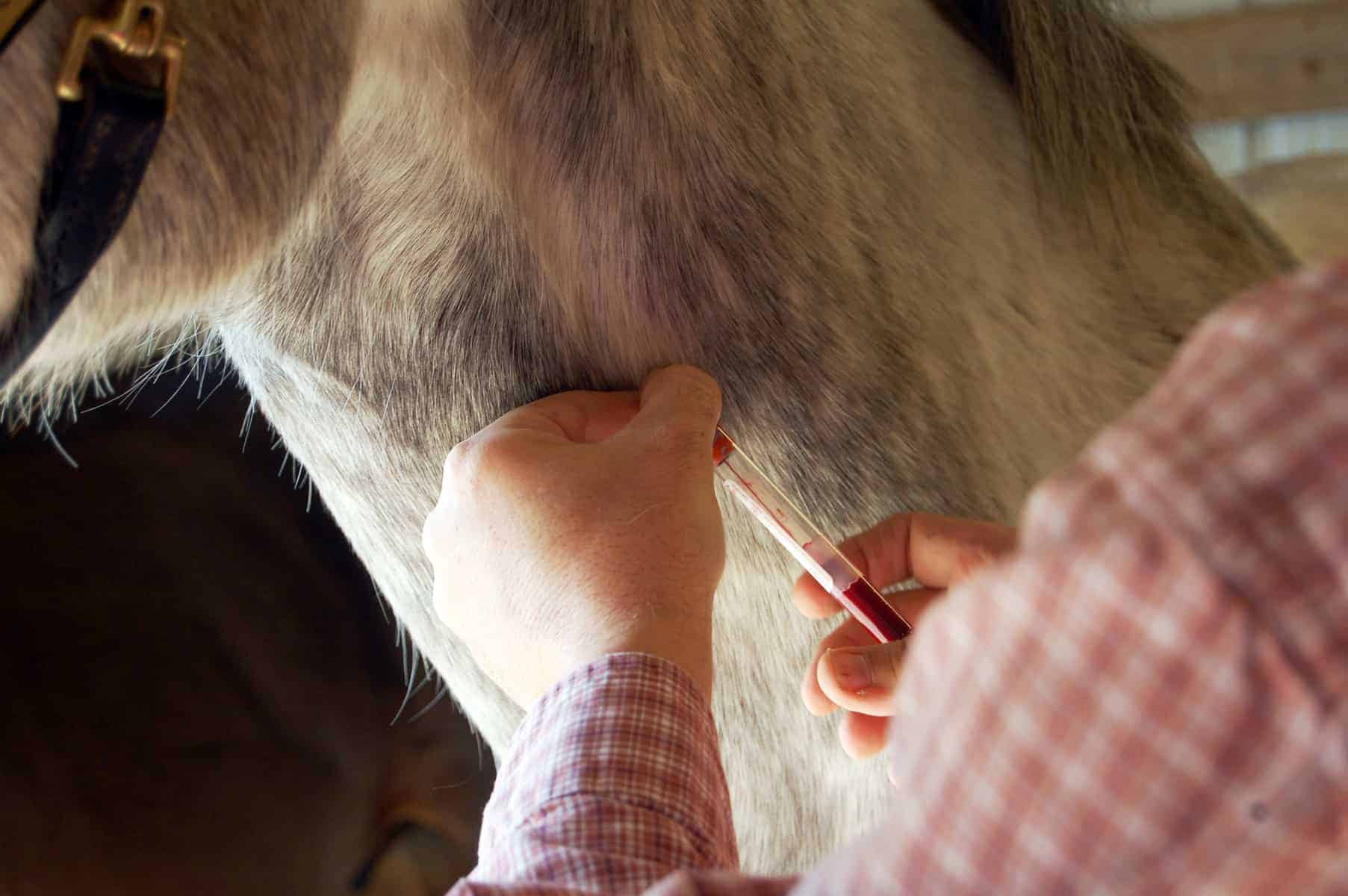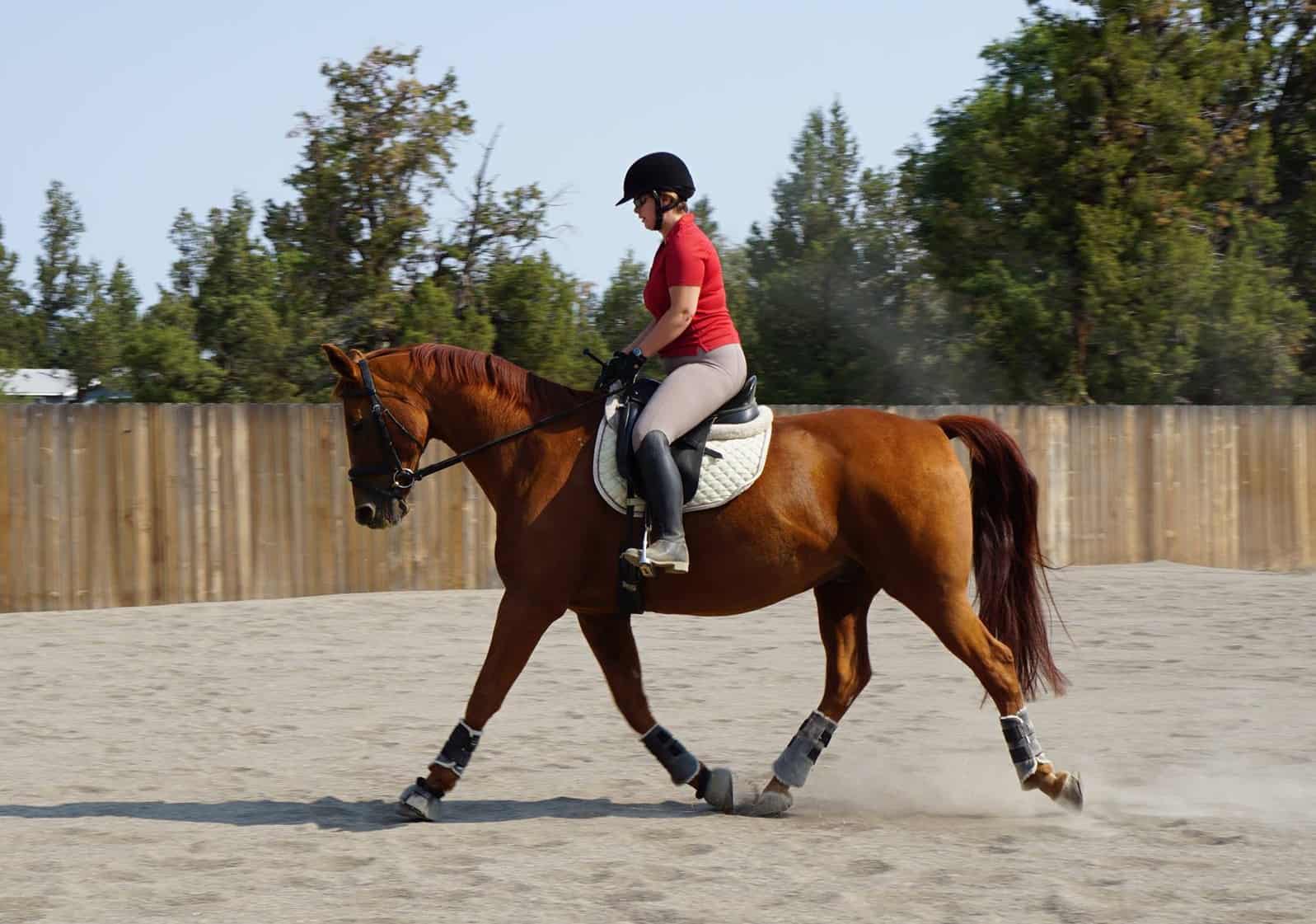10 EIA-Positive Horses Euthanized in Iowa

Ten Quarter Horse geldings in Polk County, Iowa, were euthanized after veterinarians confirmed they had contracted equine infectious anemia (EIA), according to a Equine Disease Communication Center (EDCC) report released on May 2, 2019. The euthanized geldings ranged in age from 3 to 9 years old. Another 30 horses have been exposed to the disease and are under quarantine, according to the report.
The EIA virus passes from one horse to another via blood through contaminated shared needles or biting flies (such as horseflies, deerflies, and stable flies), which transmit it after feeding on an infected horse. The virus is not spread by mosquitoes. Once a horse is infected, the virus attacks its immune system, and clinical signs include muscle weakness, progressive loss of condition, and poor stamina. An affected horse might also develop a fever, depression, and anemia. Coggins tests check for antibodies against the EIA virus, and all U.S. diagnostic laboratories are required to report positive test results to federal and state authorities for appropriate action.
EIA has no vaccine or cure, and EIA-positive horses that don’t die of the acute disease are euthanized or kept in lifelong quarantine
Create a free account with TheHorse.com to view this content.
TheHorse.com is home to thousands of free articles about horse health care. In order to access some of our exclusive free content, you must be signed into TheHorse.com.
Start your free account today!
Already have an account?
and continue reading.

Written by:
Michelle Anderson
Related Articles
Stay on top of the most recent Horse Health news with















